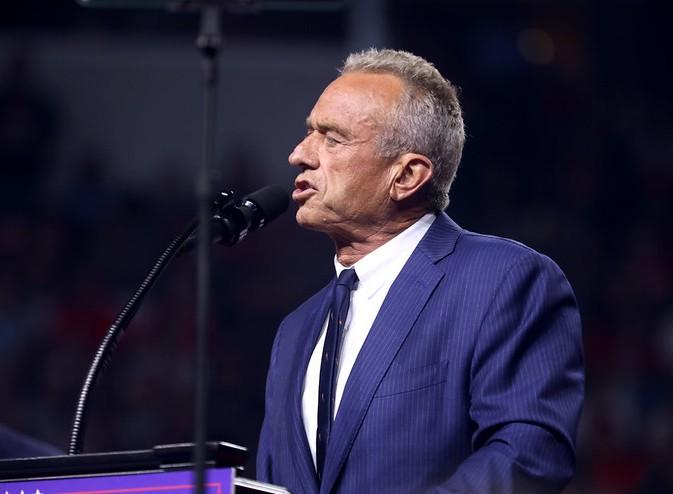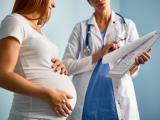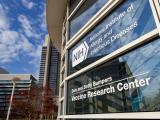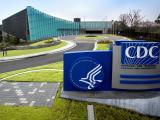Public confidence in top US Health and Human Services (HHS) agencies like the Centers for Disease Control and Prevention (CDC) is above 60% but has dropped substantially from a year ago, while trust in HHS Secretary Robert F. Kennedy Jr. is below 40%, according to a poll of 1,699 US adults released yesterday by the Annenberg Public Policy Center (APPC) at the University of Pennsylvania.
The survey, conducted a month ago among a nationally representative sample, reveals that Americans have the greatest confidence in their own primary healthcare providers for go-to information about health, as they have in the past. It also shows a sharp decline among Democrats in trust in public health agencies.
62% to 64% confident in CDC, FDA, NIH
The APPC survey asked respondents how confident they are that US agencies are "providing the public with trustworthy information about matters concerning public health."
For the CDC, 64% expressed confidence, down from 72% in September 2024. Thirty-six are either "not at all" or "not too" confident in the agency, up from 28% a year ago.
Similarly, 63% said they are confident in the Food and Drug Administration (FDA), down from 73% a year ago. And 38% were in the two not-confident camps, up from 27%. While confidence in the National Institutes of Health (NIH) reached 62%, down from 68% in April and 74% in September 2024. The survey found 38% aren't confident in the NIH, up from 32% in April and 26% a year ago.
In contrast, survey respondents had the greatest confidence (86%) in their own "doctor, nurse, or other primary health care provider," which was statistically unchanged since June 2023.
Annenberg surveys from mid-2023 to the new poll show that the confidence of Democrats and Democratic-leaning independents in the trustworthiness of all these institutions regarding public health has declined since President Donald Trump's inauguration. Since then, Republican confidence in the CDC, FDA, and NIH has grown only slightly, so the vast majority of the decline in public trust can be attributed to Democrats' views.
"Although confidence in these agencies remains comparatively high, any drop in confidence, whether warranted or not—during a time when individuals need to make consequential health decisions—is worrisome," said APPC Director Kathleen Hall Jamieson, PhD.
Only 39% trust info from Kennedy
Lack of public confidence might at least in part be attributed to HHS Secretary Kennedy, a vaccine skeptic who has called the CDC "a cesspool of corruption," has not emphatically promoted vaccines to curb the country's largest measles outbreak in 25 years, and ousted all 17 members of the CDC's Advisory Committee on Immunization Practices, among other steps.
The poll showed that only 39% of Americans have confidence that Kennedy is providing the public with trustworthy information regarding public health, while 60% lack confidence in him. Only 10% are "very confident" in Kennedy, while 37% are "not at all confident" in him.
In contrast, confidence in Anthony Fauci, MD, who previously directed the National Institute of Allergy and Infectious Diseases (NIAID), part of NIH, is 18 points higher: 57% have confidence in him, versus 43% who are unconfident. Confidence in Fauci, who stepped down from his NIAID post at the end of 2022, is statistically unchanged since October 2023.
Trust in Kennedy varied greatly by political party, but even Republicans did not place great confidence in him, collectively registering just below "somewhat confident" overall. Independents were on average "not too confident."
The margin of error for the poll's entire sample is plus or minus 3.5 percentage points.



















